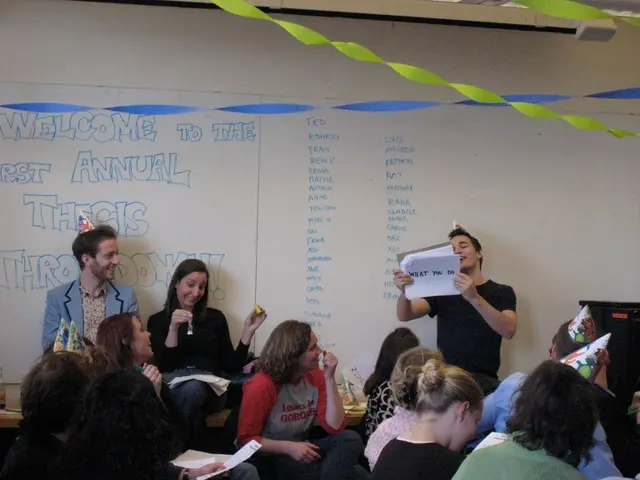Hamburg's Basic Income Debate: Pragmatist Criticizes Experiment Focus
The Hamburg Campaign for Testing the Basic Income has sparked discussions debate with its proposal for a large-scale experiment. Kai Brüggenmann, a University of Hamburg employee, questions this approach, arguing for more practical, policy-oriented demands.
Brüggenmann criticizes the campaign's focus on a basic income experiment, suggesting it depoliticizes the demand and avoids concrete policy discussions debate. He believes the debate should center around the practicality of basic income as a labor market and social security measure.
He draws a distinction between the 'social dividend' and 'negative income tax' concepts, with the latter being the focus of Hamburg's pilot project. The 'negative income tax' system, proposed by Milton Friedman, combines basic income and tax payments into one transaction, simplifying administration and ensuring social redistribution. However, Brüggenmann argues that this approach may involve reducing state services and privatizing public goods like education and healthcare.
Brüggenmann suggests that progressive politics should instead focus on higher income taxes for the rich, wealth taxes, and fairer debt policies to ensure money goes to those who need it most. He questions whether basic income is a red herring, as trade unions have spoken out against it.
Brüggenmann's critique highlights the need for a more pragmatic approach to addressing economic and social security challenges. While experiments can provide valuable insights, they should not replace concrete policy demands. The Hamburg Campaign for Testing the Basic Income should consider engaging more with these practical aspects to advance the debate effectively.
Read also:
- American teenagers taking up farming roles previously filled by immigrants, a concept revisited from 1965's labor market shift.
- Weekly affairs in the German Federal Parliament (Bundestag)
- Landslide claims seven lives, injures six individuals while they work to restore a water channel in the northern region of Pakistan
- Escalating conflict in Sudan has prompted the United Nations to announce a critical gender crisis, highlighting the disproportionate impact of the ongoing violence on women and girls.







